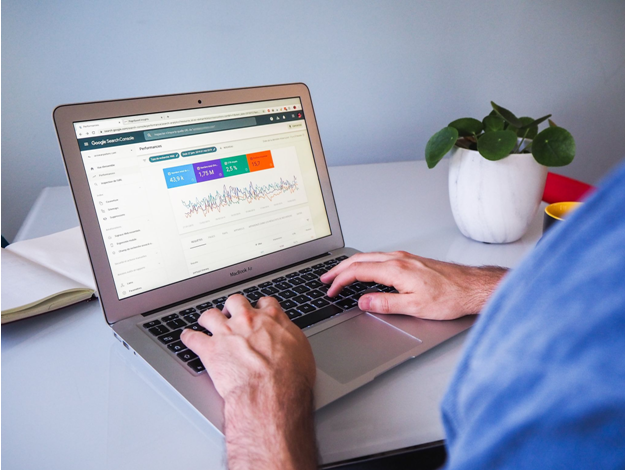5 Lesser-Known Features That Affect SEO

Many website features can help improve your SEO; some are more effective than others. Most business owners are aware of the basics like keyword density and backlinks, but many other factors can help your website rank higher on search engine results pages. What may seem like a small feature can make a big difference when aiming for positive SEO performance.
Page Authority
Firstly, page authority is the strength of a given page. This metric can be used to compare different pages on your website, as well as other websites. A higher page authority indicates a greater chance of the page ranking highly on SERPs. You can increase your page authority by improving the quality of your content, adding relevant keywords, and building backlinks.
Social Signals
As you probably know, social media is a powerful tool that can help promote your content and improve your SEO. When your content is shared on social media, it increases the chance of being seen and clicked on by potential customers. In addition, social signals are also used by Google to determine the quality and relevance of your content.
Every year, the USA’s leading SEO agency and many others talk about social signals at a more furious rate. As of yet, there is no proof that they impact SEO. However, it’s still a good idea to be active on social media. The more engagement you have, the better chance you have of driving traffic to your website.
Author Reputation
Once again, this is another we should put into the ‘could’ pile, but this is the theme of the guide. According to some reports, having an author with a good reputation can help your SEO. The logic behind it is that if someone with expertise and knowledge writes something, Google will see it as more trustworthy.
Even if it doesn’t impact SEO right now, it isn’t going to harm your brand to have a good reputation and a writer that people can rely on for content. The more you grow your personal brand, the more it will benefit your business as a whole.
Read also: What is tiered link building
Keyword Cannibalization
If you have more than one page targeting the same keyword, you could be inadvertently cannibalizing your own ranking potential. While all the suggestions we’ve seen so far impact SEO positively, this one affects it negatively; it’s important to have a keyword strategy in place so that you can avoid this issue.
How does keyword cannibalization occur? It happens when you have two or more pages on your website that are optimized for the same keyword. Often, businesses think that they should create as much content as possible with their important keywords. In reality, this can split the search engine’s attention and result in lower rankings for both pages. Rather than one page with an excellent ranking, you have multiple pages with an average or poor ranking.
User Experience
Finally, user experience can impact SEO both positively and negatively. Creating a website that is difficult to navigate, with poor content, and slow loading speeds will result in a high bounce rate. A high bounce rate tells Google that users are not finding what they’re looking for on your website, which will result in lower rankings. On the other hand, a website that is easy to use, with leading content and fast loading speeds will result in a lower bounce rate. Google sees this as a positive signal, indicating to others that your page is worth visiting.
With competition so tough these days, it’s important to be aware of all the factors that could affect your website’s ranking. By keeping an eye on these five factors, you can stay ahead of the game!